Jesus uses an image in today’s Gospel that would have been very familiar to his hearers, and with it, he illustrates the significance of following one’s vocation in life. In a basically suburban place in the modern world, this image loses some of its clarity, since we don’t regularly have contact with people who care for sheep, but I still think Jesus’ illustration is a good one, and we can certainly understand it.
We know basically what a shepherd does, right? He cares for a flock of sheep. The shepherd has an important task: he must keep the flock healthy and safe, so that the flock’s owners will be able to get a good price for them at market. He has to find good grazing grounds so the sheep can be fed, must see that they stay together and get to market, and has to keep them safe from predators. Jesus makes a distinction between good and bad shepherds: those who actually care for the sheep as opposed to hired hands who are just collecting a paycheck. When a predator comes along, the hired hand takes off, leaving the sheep in harm’s way. But not the good shepherd: that shepherd lays down his life for the sheep.
Of course, Jesus illustrates this beautifully in his own life, and we’ve seen that in these Easter days. The sheep are God’s people, the danger is sin and death, the hired hands who didn’t really care about the sheep were the religious leaders of the time, and the Good Shepherd is Jesus, who laid down his life for God’s people in his Passion and death. That’s what good shepherds do: they give their lives for the flock.
So here’s the take-away: we are all called to be good shepherds. We all have a flock. For a priest, that flock is his parish. For a religious brother or sister, that flock is the community in which they live. For parents, it’s their families. You get the idea. But the important detail is that the task is the same: to save their flock from all danger of the foe. The foe remains sin and death, brought about by the predator who is the devil. The vocation of us shepherds is to get the sheep of our flock to heaven, which is a participation in the vocation of Jesus the Good Shepherd.
Which means we have to be true to our promises. For priests, that would be preaching the Gospel faithfully, not just telling people what they want to hear, but challenging them to grow in their relationship with Christ. For parents that means being faithful in their marriages and diligently bringing their children up in the practice of the faith, as they promised at their child’s baptism.
What’s important to know is this: all of our vocations work together. If we’re all faithful to our promises, God can do his work in us and through us. For example, when parents faithfully bring their children to Mass, and priests faithfully preach the Gospel, then children can grow up with a relationship with our Lord that will see them through whatever life throws at them, and can bring them one day to their goal of eternal life.
To all of this, there are many distractions, wolves that threaten to scatter and destroy the flock. But if we are good shepherds, then we can count on the guidance of Jesus, the Good Shepherd, to bless our efforts and lead us all to life.
This is the time when we celebrate shepherding vocations. This past Friday, Greg Alberts, one of our current seminarians, and Tom Logue, our seminarian intern last year, were ordained to the transitional deaconate, on their way to priestly ordination next May. In May of this year, our beloved Deacon John will be ordained to the priesthood for service to the Dominican order and to our diocese. And during this time, we have several weddings scheduled. All of this is joy, all of this is Christ the Good Shepherd continuing his work, leading us all to eternal life. Let’s be sure to pray for all of them, for new vocations to the priesthood and religious life, and for faithfulness in the living of all holy vocations.
Christ is risen! He is risen indeed! Alleluia!

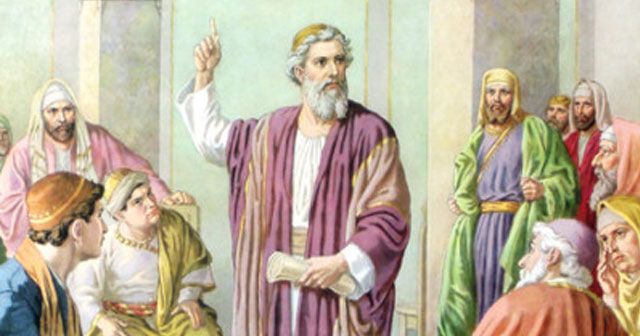
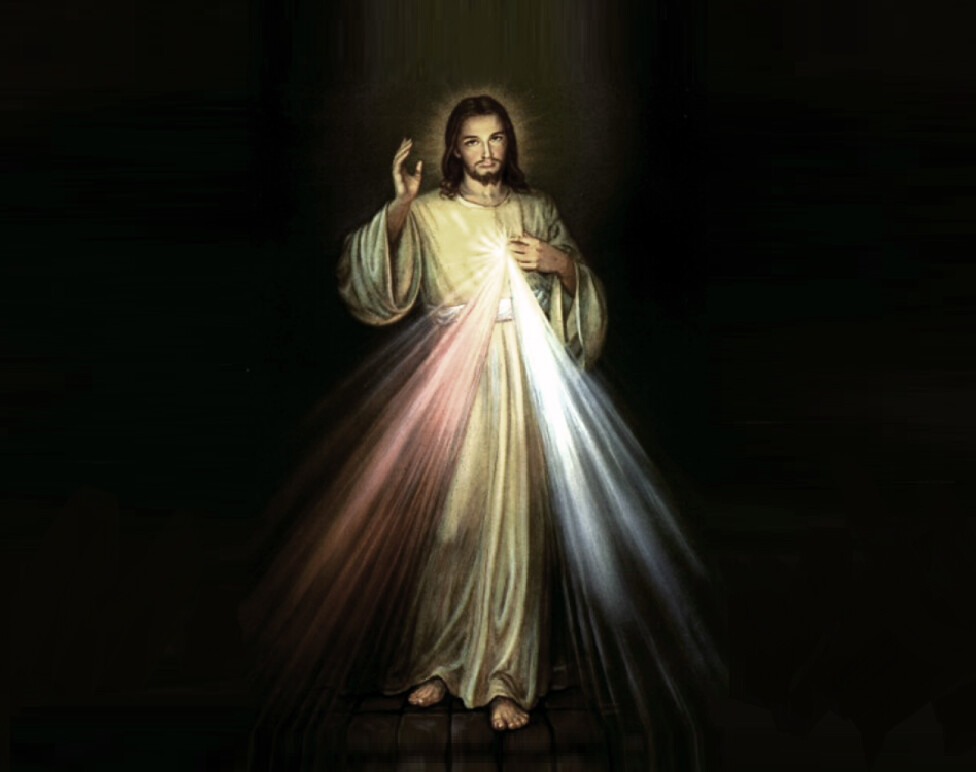
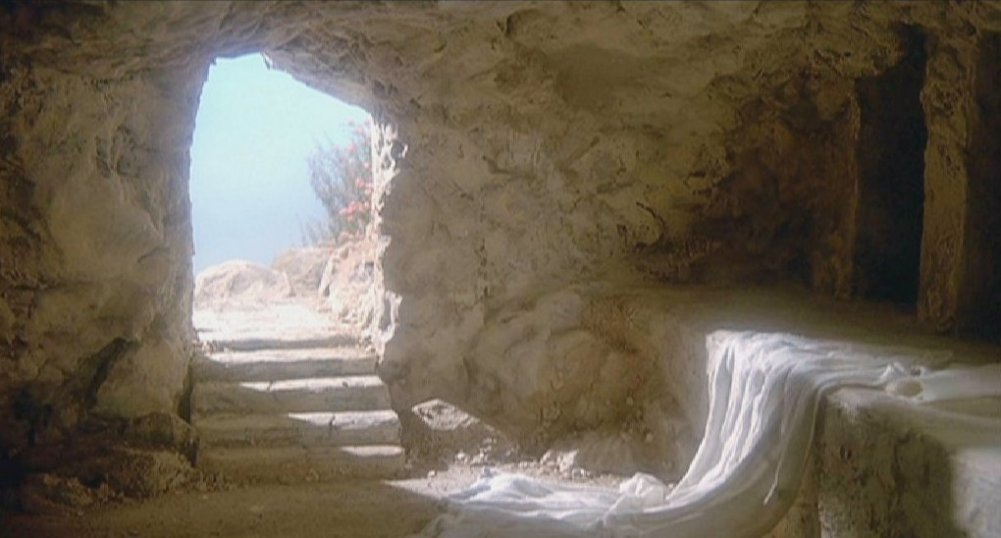
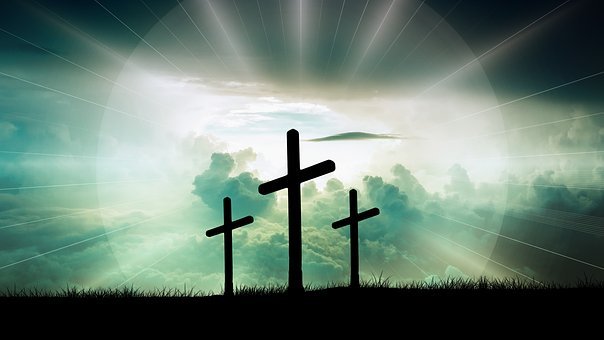

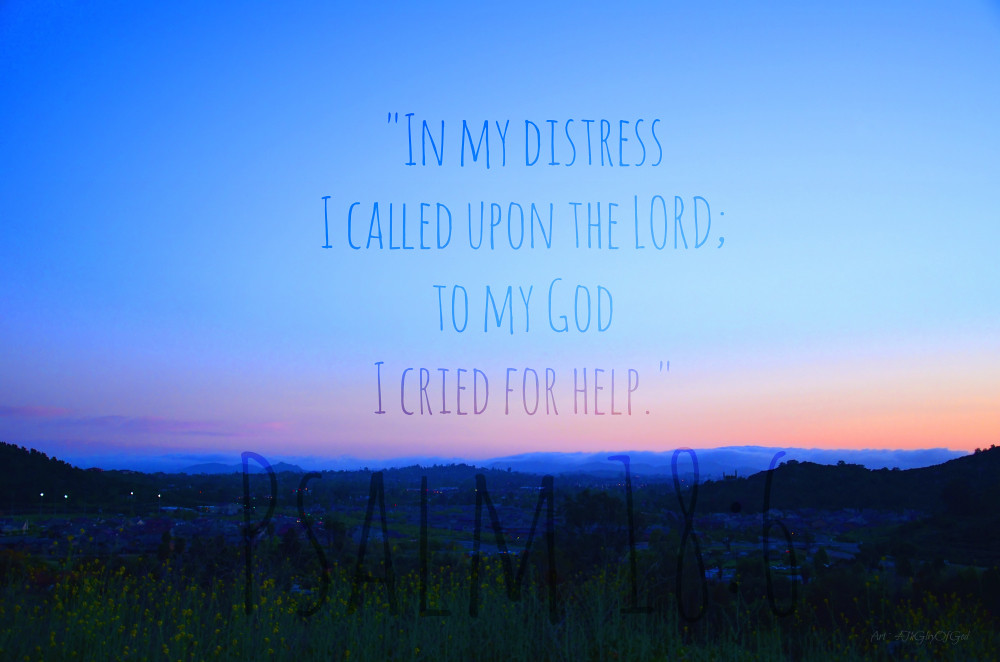
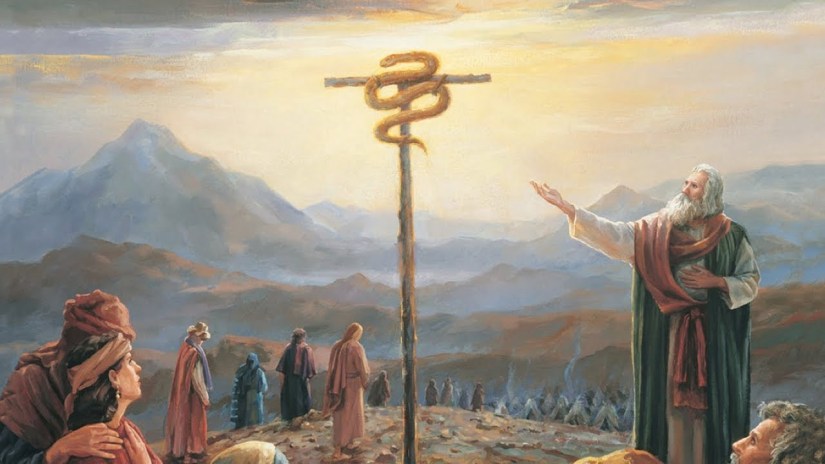
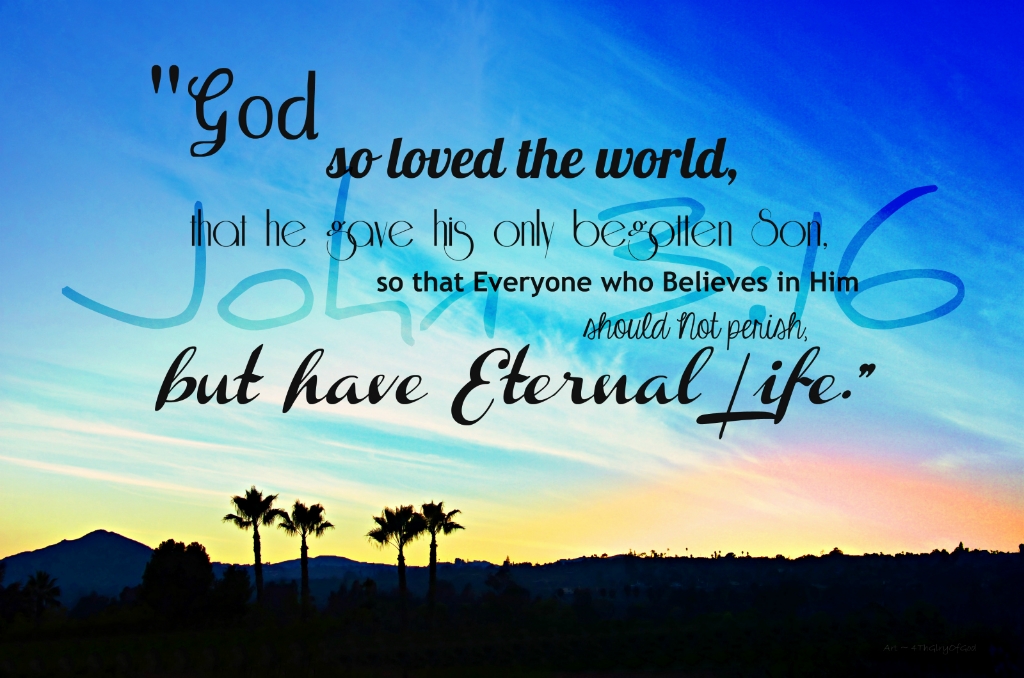
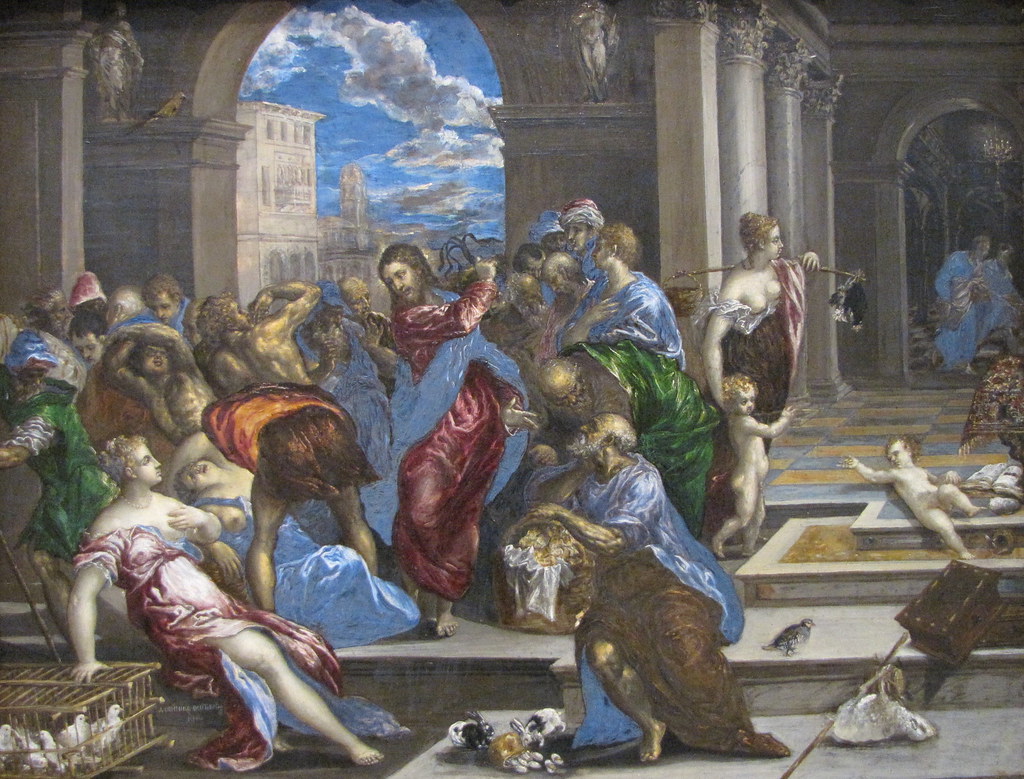
You must be logged in to post a comment.